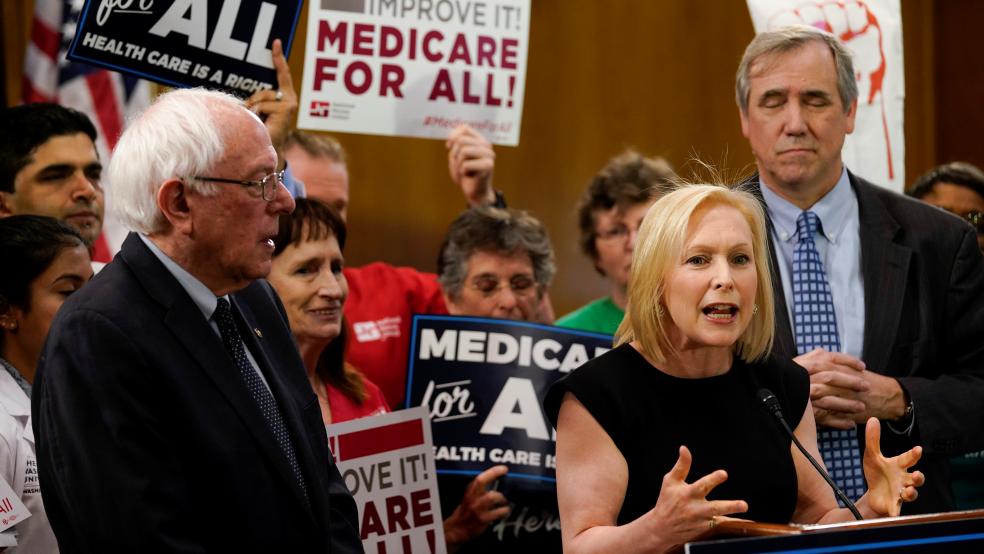Democrats should skip the debate over Medicare for All and turn their attention instead to the most important issue in health care, affordability, says Ezekiel J. Emanuel, an oncologist at the University of Pennsylvania who advised the Obama administration on health care policy.
Writing in The New York Times Friday, Emanuel argues that achieving universal coverage, a goal shared by the Democratic presidential candidates, is relatively easy, but getting a handle on high and rising costs is much harder.
“For the … 295 million Americans who have some form of health insurance, the problem is high costs,” Emanuel writes. “Even with health insurance, high premiums, deductibles and co-pays, surprise hospital bills and exorbitant drug prices inhibit people from accessing care and taking their medications, threaten to drain their savings, or even force Americans into bankruptcy. Democrats need a plan to deal with this problem.”
Emanuel cites four policies he thinks lawmakers need to address in order to get prices under control, with potential savings of $200 billion a year:
- Drugs: Americans pay far more for drugs than citizens elsewhere, and the U.S. could save billions of dollars by negotiating prices at the national level and using a “value-based pricing framework.”
- Hospitals: Costs of care for patients with private insurance are soaring, driven in part by local monopolies in hospital systems; the U.S. would save more than $30 billion a year if hospital prices were capped at 140% of the current Medicare rate, and more with more aggressive reductions.
- Billing practices: Billing and administration account for nearly 15% of all health care spending in the U.S, or roughly $500 billion a year. Standardizing and streamlining could save as much as $90 billion.
- Limiting fee-for-service payments: Move physicians away from a fee-for-service payment system toward a value-based payment system that would reduce unnecessary tests and procedures.




